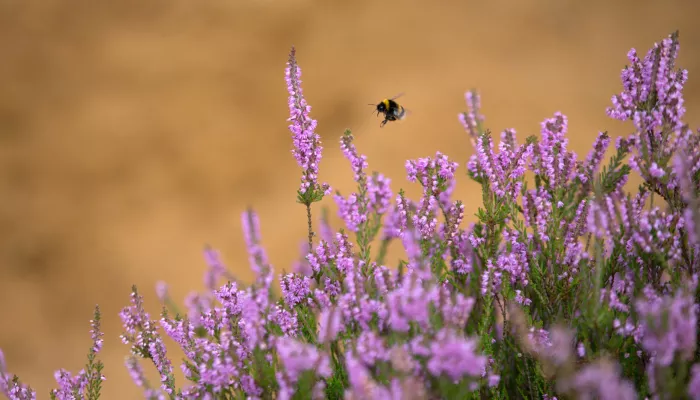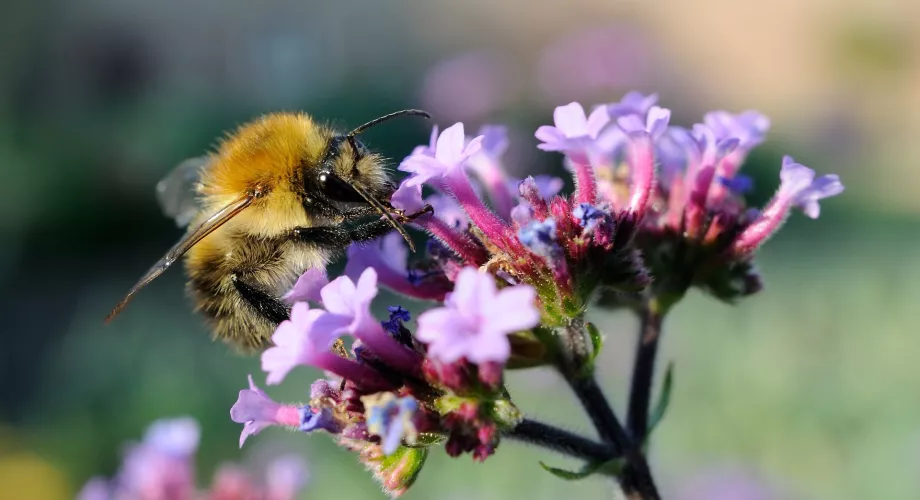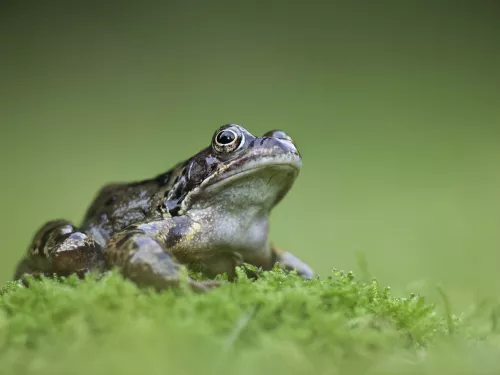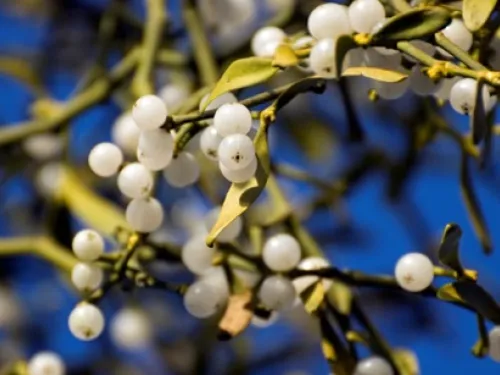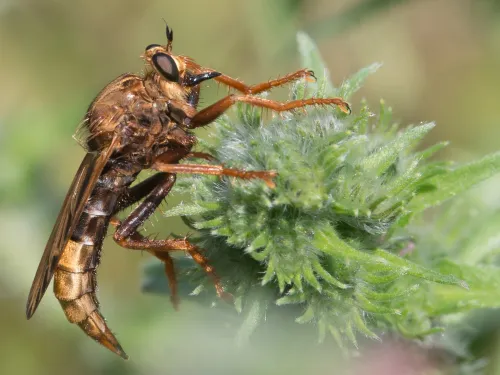
Insect highlights from our reserves 2025
Winter may not be the season for surveying, but it is the perfect moment to pause, reflect, and celebrate the extraordinary insect life found across Kent Wildlife Trust reserves. where in the UK, including some recent continental arrivals.

